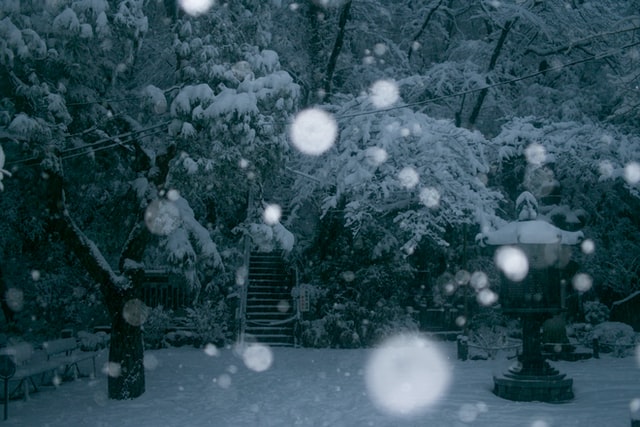Do you want to bring more of your whole self to work? Psychological research suggests your work would benefit from incorporating aspects of personal spirituality.
“At its best, work provides us the ability to support ourselves and our loved ones, and can also provide us with a sense of meaning, opportunities for growth, and community.” So says the Surgeon General’s Framework for Workplace Mental Health & Well-Being.
As many of us know, however, work often doesn’t function “at its best.”
According to the World Health Organization, work burnout is characterized by being depleted or exhausted at work; feeling distant from one’s job, including feeling cynical about it; and reduced professional effectiveness. This appears to be increasingly common. For example, in a recent national survey of American workers, more than half (57%) report they are currently experiencing at least a moderate amount of work burnout.
Often times, work stress and burnout stem from factors beyond our control. But, is there anything we can do that would help us cope with work-related difficulties? Is there anything we can do to thrive?
Something many of us haven’t really considered is how the spiritual part of our lives might relate to our work lives. Approximately 86% of American adults report being at least somewhat spiritual, and for those who have integrated spirituality into their work, studies suggests significant benefits. In a recent review of research, for example, workplace spirituality was said to have “significant potential to influence workers and organizations in meaningful ways, fostering integrated (rather than segmented) lives and giving rise to personal and organizational well-being.”
Below are four suggestions for how we might meaningfully incorporate spirituality into work.
1. Seek awe to cope with work-related stress and burnout.
As mentioned, work can cause considerable stress and even trauma that can lead us to feel burned out. Awe is an emotion many of us connect with our spiritual lives that can help. In fact, researchers consistently find awe diminishes feelings of stress.
So, before work, during a break, after our work day ends, or on time off, we can intentionally seek awe to cope. For instance, we can go into nature and purposely focus on whatever most strikes us as beautiful that gets us out of our current frame of reference. We can dedicate time to connect with a sacred text, using our imaginations to deepen the transcendence of the experience. We can go to a spiritual gathering or location sacred to us and mindfully focus on something vast that elevates us.
Awe practices such as these may shift our attention away from our selves and our troubles and help us to respond at work in more centered and effective ways.
Continue reading